Eating for study success
When I first started uni my mum used to try and diminish, or halt for a week or two, my stress levels at the beginning of the year by saying "don't panic until the leaves start changing colour". She was referring to the tree's leaves in Canberra, which usually start progressing from green, to yellow, then orange and finally brown around March, and this happens to coincide with upcoming assignments and mid-semester exams. This year I have started my master in nutrition and dietetics, many leaves have started changing colour, and even more are falling, which I have discovered equals an even more intense period of study, and thus greater panic. But I am determined not to panic, even when the leaves are falling and the assessments are piling up, and instead approach each task in a relaxed and concentrated manner. I am, of course, a work in progress with the whole 'relaxed' thing, but I feel like I'm going well, and there are a few things that I think help when a stressful period of study or work arises, namely keeping diet and exercise in check.
If you want to be able to concentrate without your mind wandering off to chips and chocolates every two seconds, you have to be eating well, and eating enough. What I've found to work well is eating smaller meals every 2-3 hours instead of three massive meals per day. This not only helps by giving a break from study, it also means I'm not over-full (and needing a nap) and more energy can be geared towards learning instead of digestion. There are a few key components as to what to eat:
Carbohydrates - glucose is the preferred fuel for the brain, in starvation the brain can use ketone bodies, but day to day the brain needs to have a continuous supply of glucose. During study your brain gets a workout and although you may not be burning increased energy, you need to make sure your brain has fuel to think. Now before you go adding an extra teaspoon of sugar to your coffee or binging on jelly beans, glucose is not only found as a simple carbohydrate (sugar), but it is also one of the building blocks for grains, dairy, nuts, fruits and vegetables. In fact, the lower GI carbohydrates (wholegrain bread, pasta, brown rice etc), or those included with fibre (fruit and veggies) actually provide a more stable release of energy throughout study sessions and enable concentration is kept on the work instead of wondering what to eat next.
Having a source of carbohydrates with all meals and snacks can help to maintain steady energy levels throughout the day, and can help ward off study binges of nutella, ice cream and salt and vinegar chips (or is that just me?).
Iron - is very important for memory and concentration, as it plays an essential role in carrying oxygen around the body, including to the brain, and is essential in providing energy to the brain. Iron can be found in both animal-based sources (haem iron) and plant-based sources (non-haem iron). A good rule of thumb for animal-based sources is the darker the meat the more iron it contains eg. red meat is an excellent source of iron, where as chicken breast contains very little iron. Good sources of plant-based sources are: iron fortified breakfast cereals, legumes, tofu, green leafy veg and grains.
The iron in animal-based sources is absorbed more efficiently than that in plant-based products, however, you can increase the absorption of your plant-based iron by eating it along with vitamin C or an animal protein, and cooking the vegetable sources (ie. broccoli and spinach).
Omega 3 fatty acids - an essential fatty acid that cannot be synthesized by the body so has to be consumed through the diet. It plays an important role in brain function, and general health. The best sources of omega 3s are found in oily fish such as, salmon, herring, sardines, oysters and anchovies.
B Vitamins - to keep your brain and nervous system functioning well. These vitamins are water-soluble and as such, need to be consumed regularly through diet. Different b vitamins are found in different foods, including: meat, eggs, vegetables, legumes, seeds and grains. It's important to eat a wide variety of these foods to make sure we're getting the range of b vitamins.
Zinc - necessary for proper brain function and thinking skills. Good sources of zinc include: oysters, lamb, pumpkin seeds, spinach, cashews and chickpeas.
I know what you're thinking: That's nice to know, but what does this look like practically??
Study meal ideas:
Porridge topped with fruit and yoghurt
Fortified cereals (my pick is weet-bix) with fruit and milk
Eggs with grilled tomato and steamed spinach on whole grain toast (I love sourdough!)
A substantial salad - with lots of veggies, lean protein, carbs and healthy fats
A frittata with a side salad
Lean beef and broccoli stir-fry with brown rice
Spaghetti bolognese with extra veggies
Tuna salad with brown rice
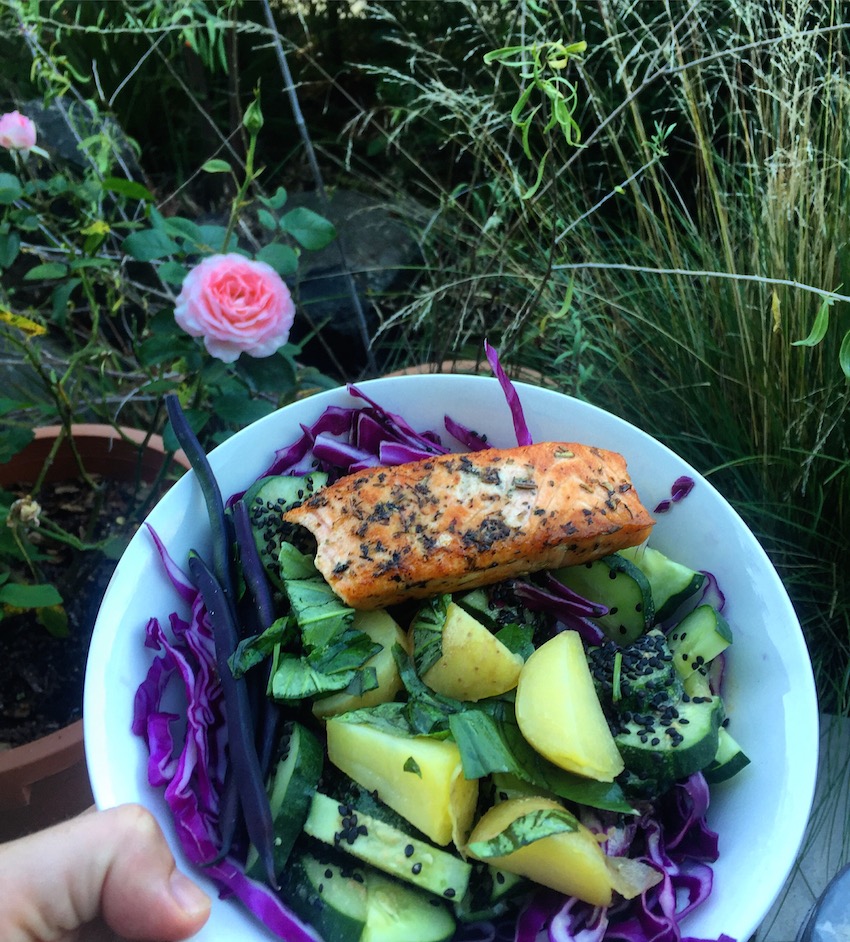
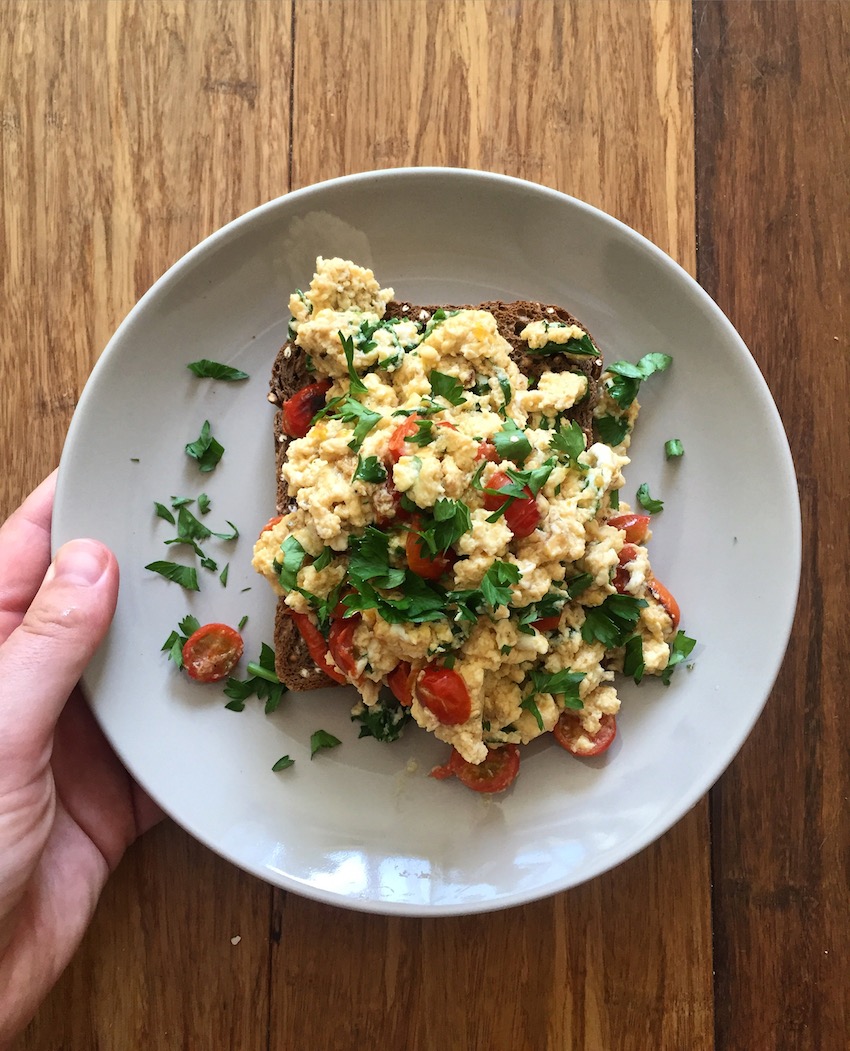
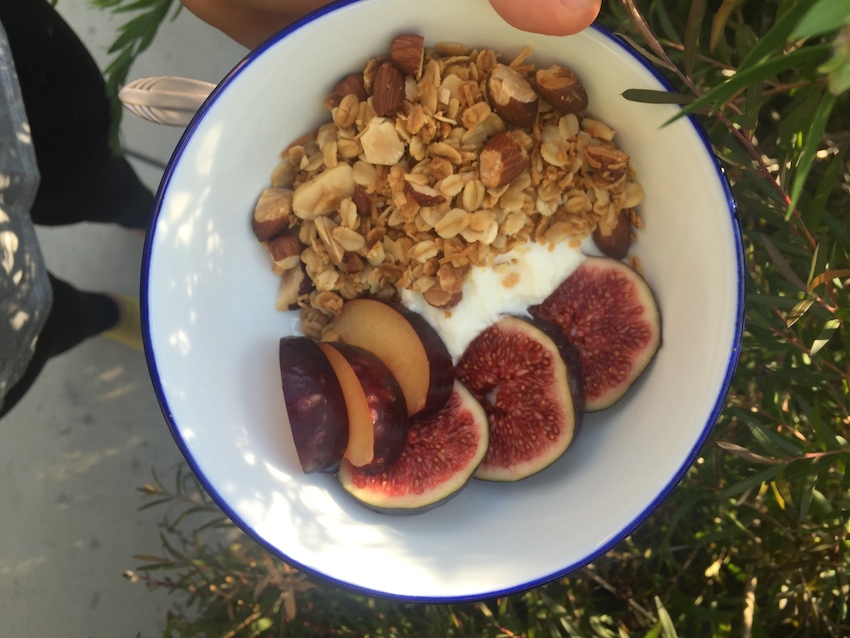
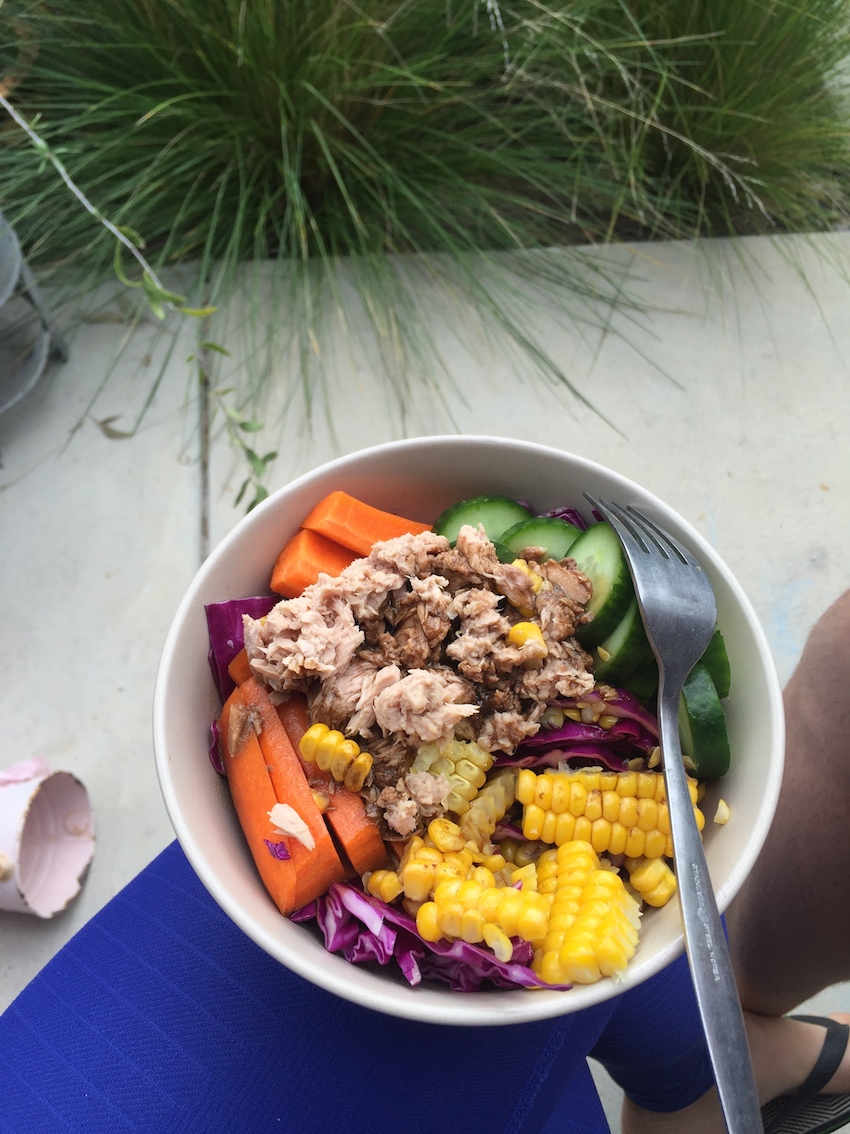
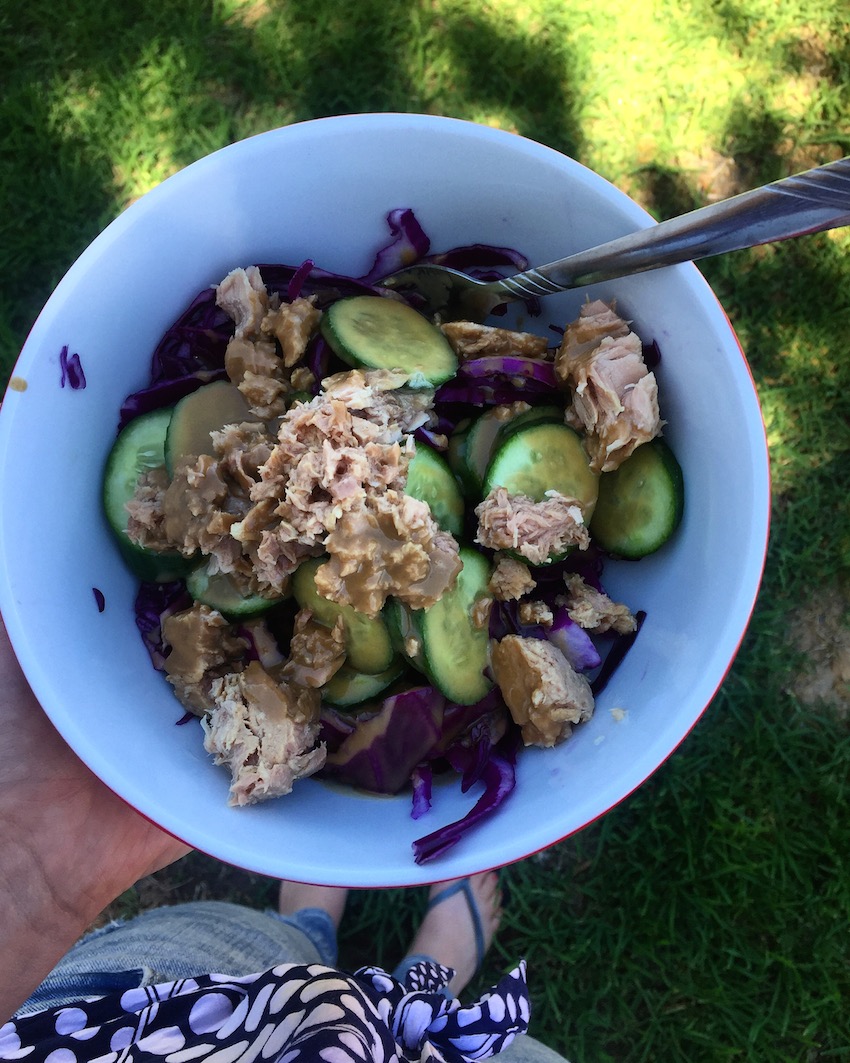

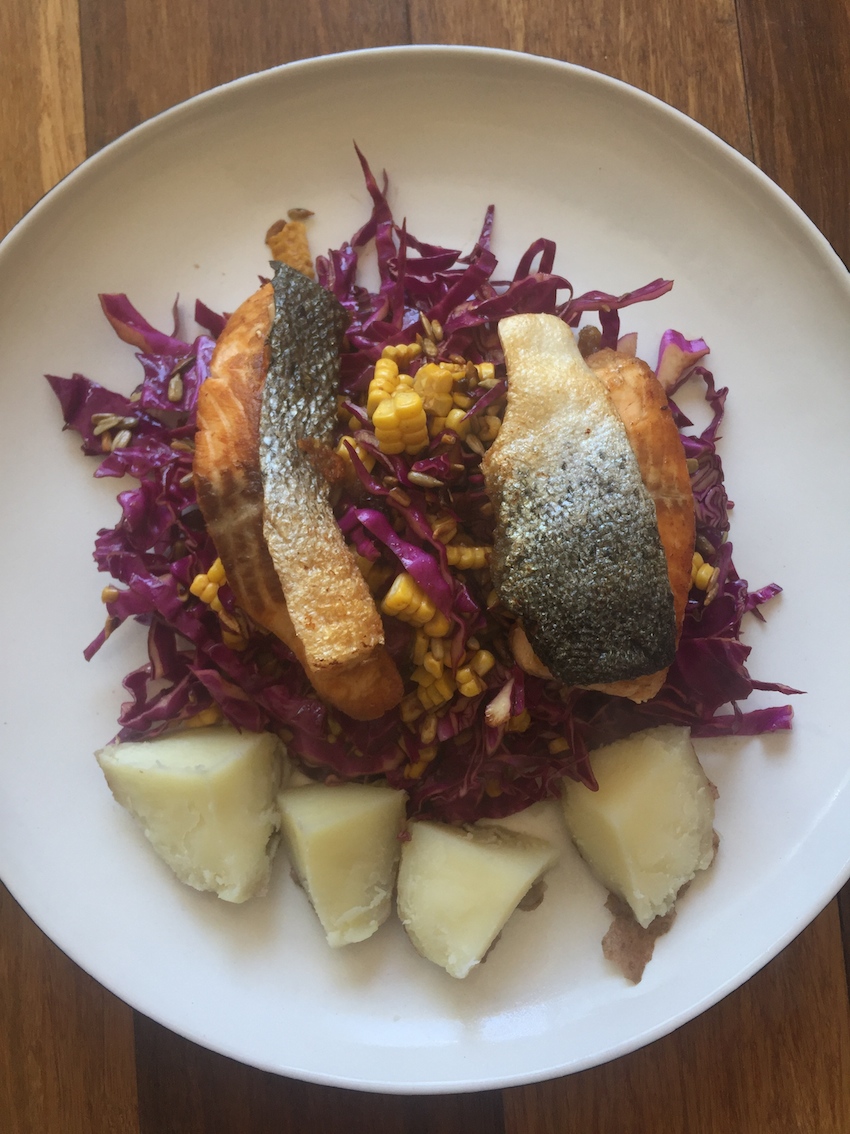
Study snack ideas:
A piece of fruit and a small handful of nuts
Veggie sticks with hummus
3-4 vita weat or ryvita and sliced cheese or peanut butter
Greek yoghurt and berries or banana
Greek yoghurt and muesli or granola
A piece of whole grain toast with vegemite and cheese
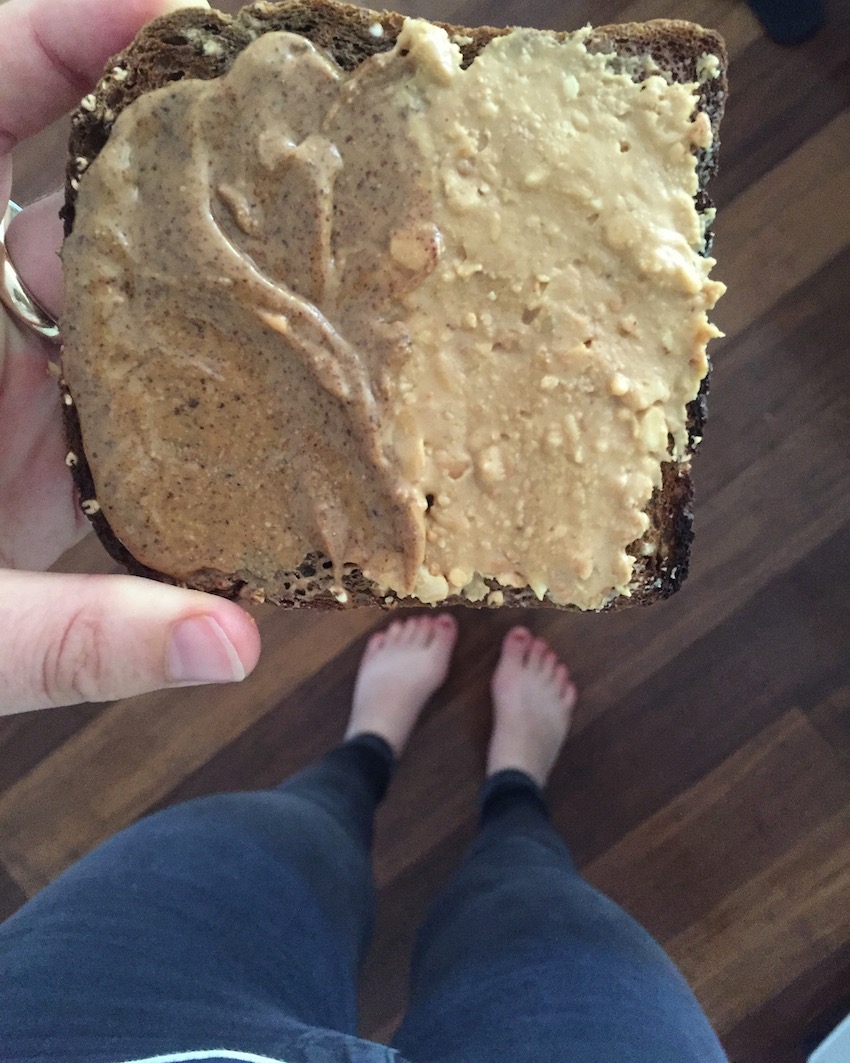
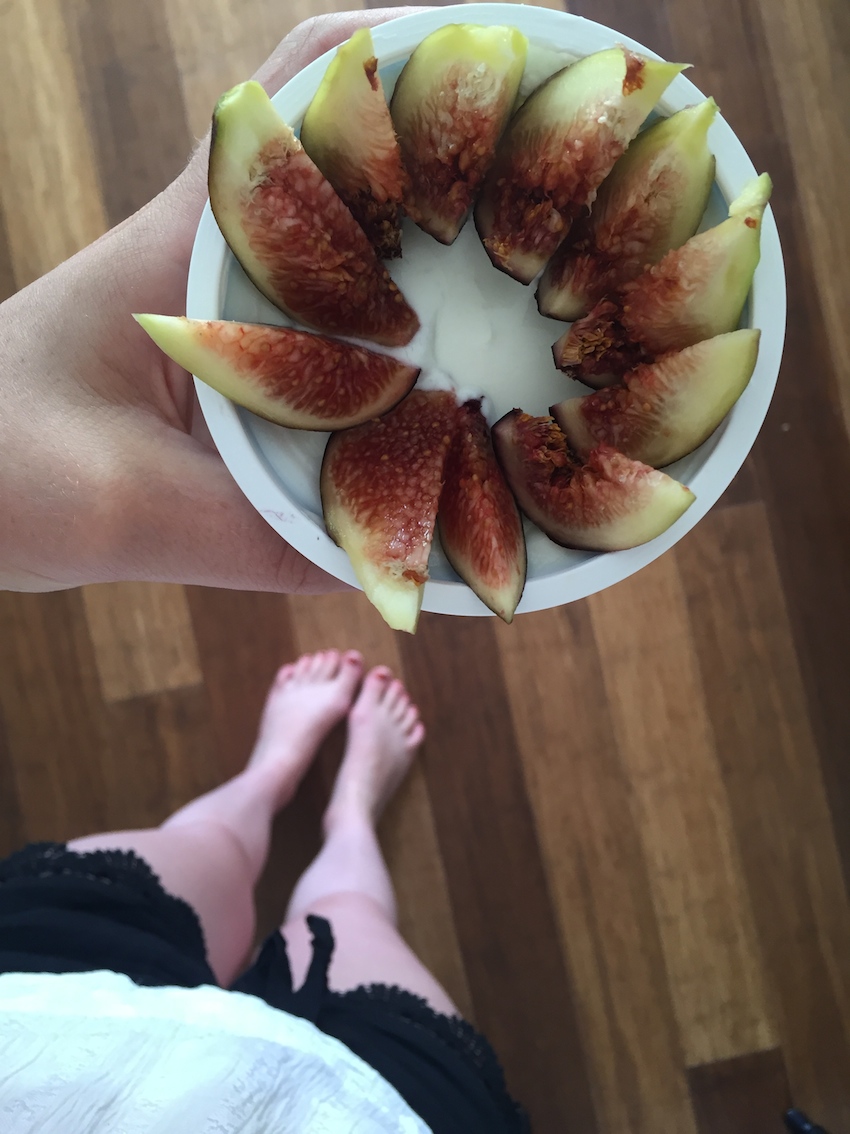
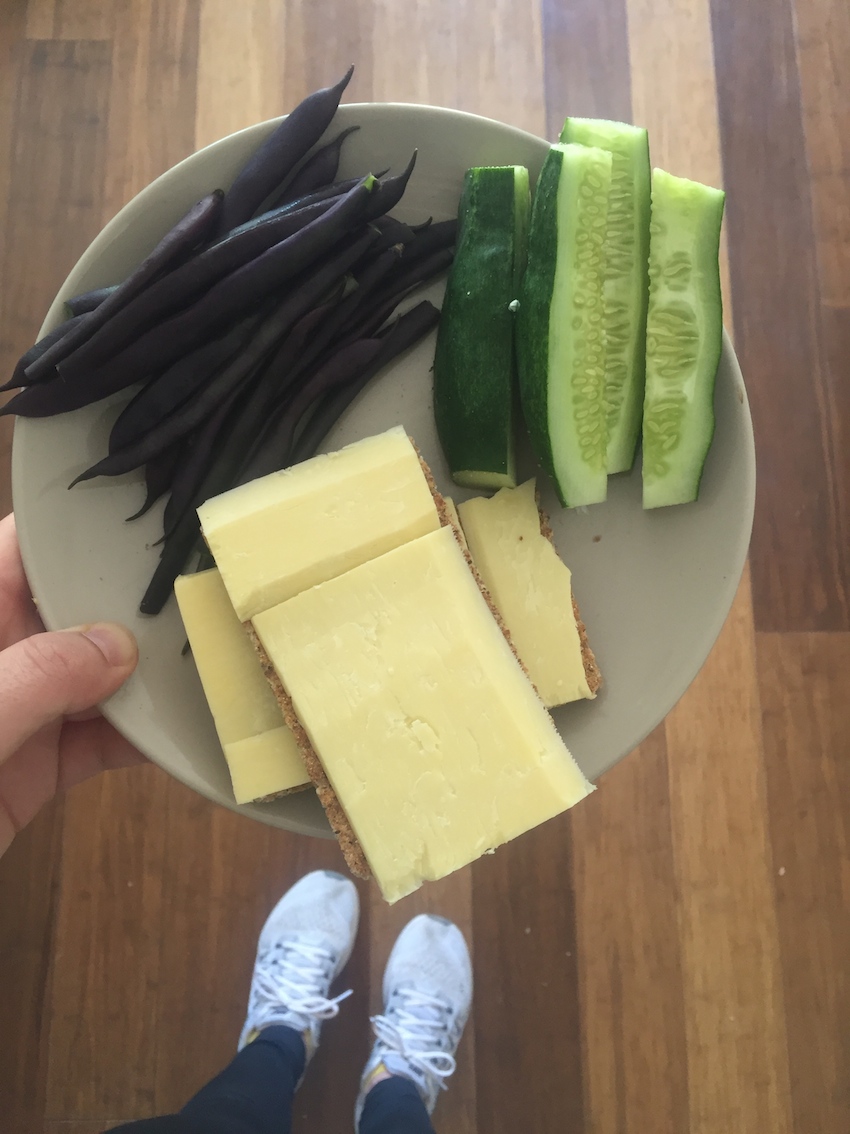

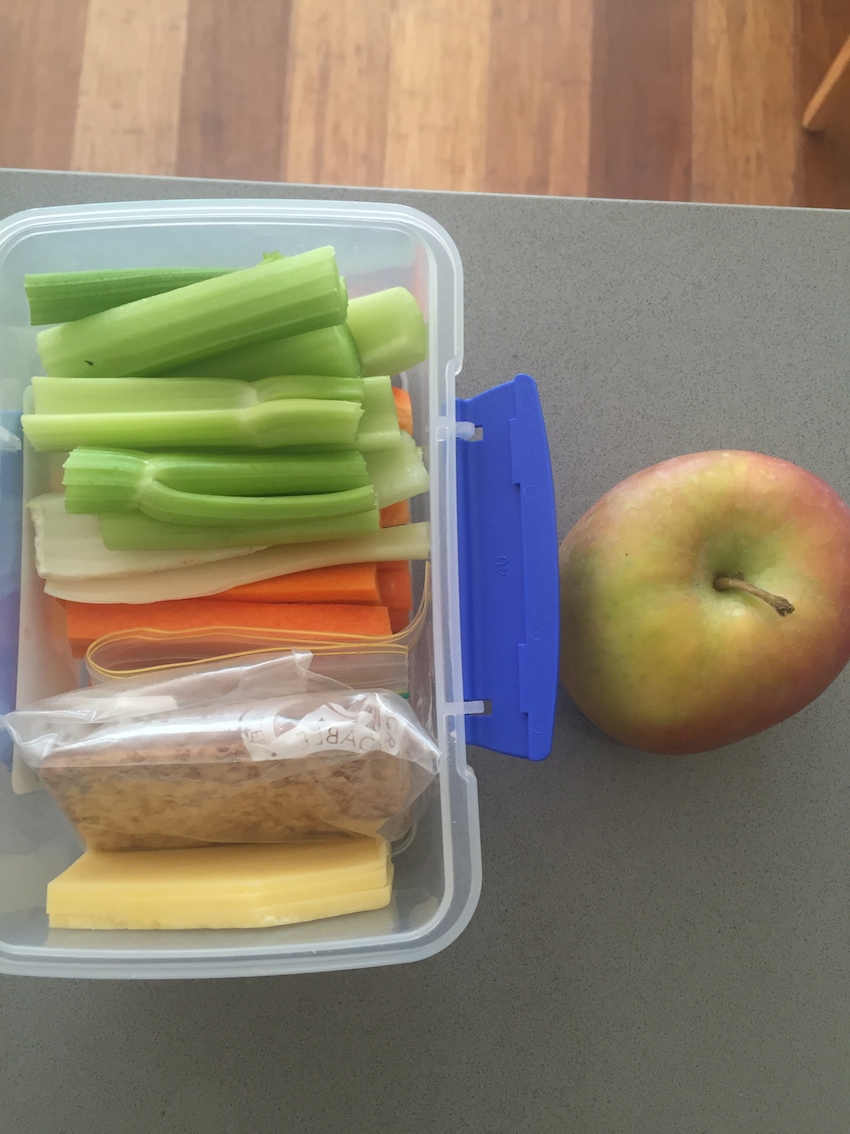
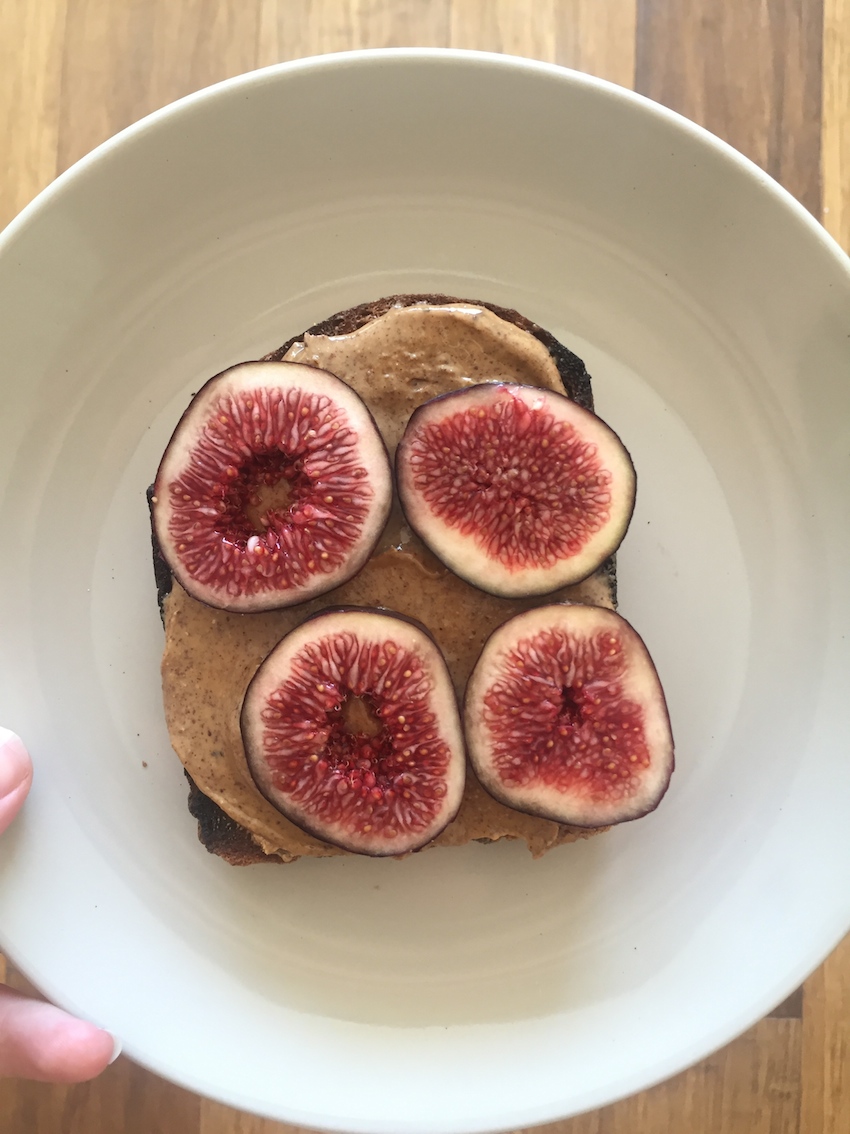
Anything else?
As always, it's important to make sure you're drinking plenty of water, enjoying regular exercise and getting adequate sleep (8-9 hours per night). Using exercise as a study break is a good way to ensure you stay active through stressful periods. And importantly, enjoy the food you're eating.
If you found this article helpful, share it on to your studying friends, so they can eat for study success too!